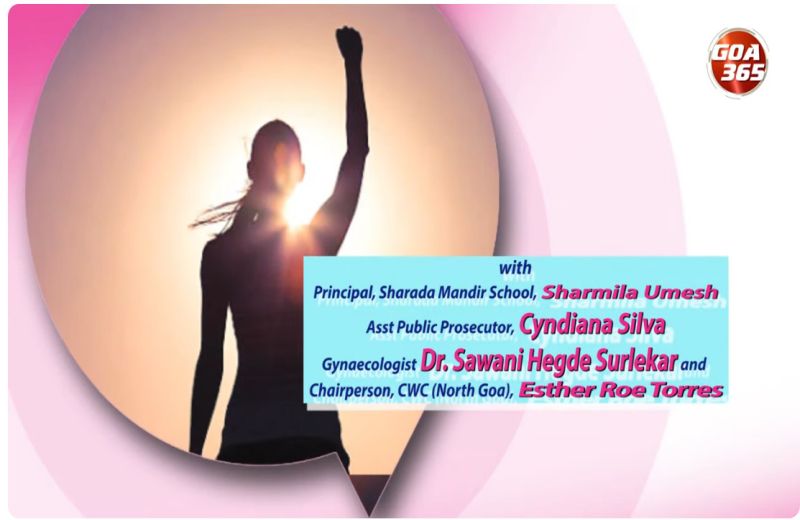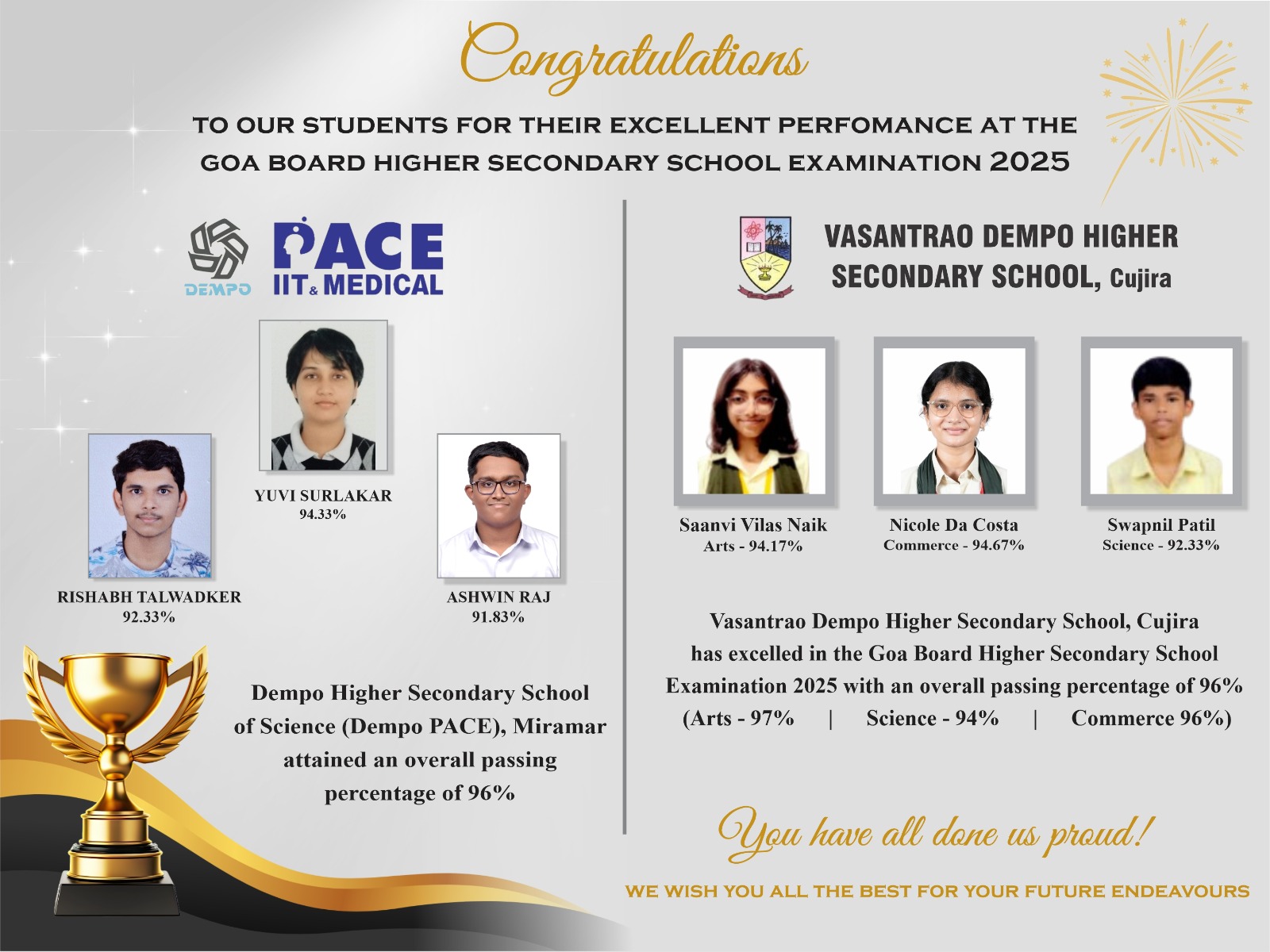A judge of the Supreme Court of India Justice Sharad Bobde on Saturday stressed on the need to evolve a national policy to create a language, which can be spoken and understood throughout the length and breadth of the country.
“In fact, B R Ambedkar as the chairman of the constitution drafting committee had proposed a resolution that Sanskrit should be the official language of the Union of India, which unfortunately could not materialise,” Justice Bobde added, pointing out that perhaps with the exception of Goa, the rural areas in the rest of the country face big strain to move towards English.
“English is something which still hasn’t seeped into the countryside in spite of the fact that many things are done to improve this situation,” he noted.
Justice Bobde, who earlier released the English rendering of the Portuguese original of the Civil Code in Goa, and Civil Procedure Code in Goa along with commentary and the Portuguese text by former additional solicitor general of India and ex-advocate general of Goa, Manohar Sinai Usgaocar during a special ceremony in the city, further said that irrespective of as to how the civic and the political life of India is moving, we either must have “Usgaocar community” with expertise in languages, or must switch to a language, which we can access easily.
The legal books have been published by Voicuntrao Dempo Centre for Indo-Portuguese Studies (Centro de Estudos Indo-Portugueses Voicuntrao Dempo).
A trustee of the Centre, Shrinivas Dempo was present at the ceremony. Usgaocar is also a trustee of the Centre.
Applauding the octogenarian luminary in the legal field for accomplishing the formidable task, Justice Bobde said that translation has an incredible value to society much like the legal books translated by Usgaocar.
“The Portuguese are no more here, but the substance of their laws, which is administered in Goa lives on, and the knowledge which might otherwise have been lost, has been preserved in books by Usgaocar,” he mentioned, adding that the history, knowledge, culture and lifestyle of the people are best reflected in laws of the place.
Usgaocar, in his speech said that it took him 22 long years to complete the translation of the two books.
“They are the product of hard work undertaken by me and my team,” he added, observing that the books represent completion of just a part of the work, and it (information about civil code) has to be spread now, which is a job so necessary to be carried out.
Usgaocar said the civil code revolves around a human being right from his birth to death. He also stated that although the British and the Portuguese laws were both colonial laws, the British had one set of laws for themselves and another for their colonial subjects, while Portuguese did no such thing.
Dempo, in his welcome address, describing the books as “life’s labour of love” of Usgaocar, said the release of books is a landmark in the history of legal publications in the state, as well as a turning point in legal awareness, in this territory. “This is our effort in disseminating legal knowledge in the rest of the country,” he noted.
Dempo also recalled the memories of his grand-uncle, Voicuntrao Dempo, in whose memory the Centre for Indo-Portuguese Studies has been established. He also said that Voicuntrao Dempo had an affinity for legal education, adding that the senior Dempo was a Goan member of the Portuguese Parliament.
Sudin Sinai Usgaonkar proposed the vote of thanks. The event was attended by the additional solicitor general of India Atmaram Nadkarni, a number of sitting as well as retired judges, members of the state legal fraternity, and members of the Dempo and Usgaocar families, among others.




